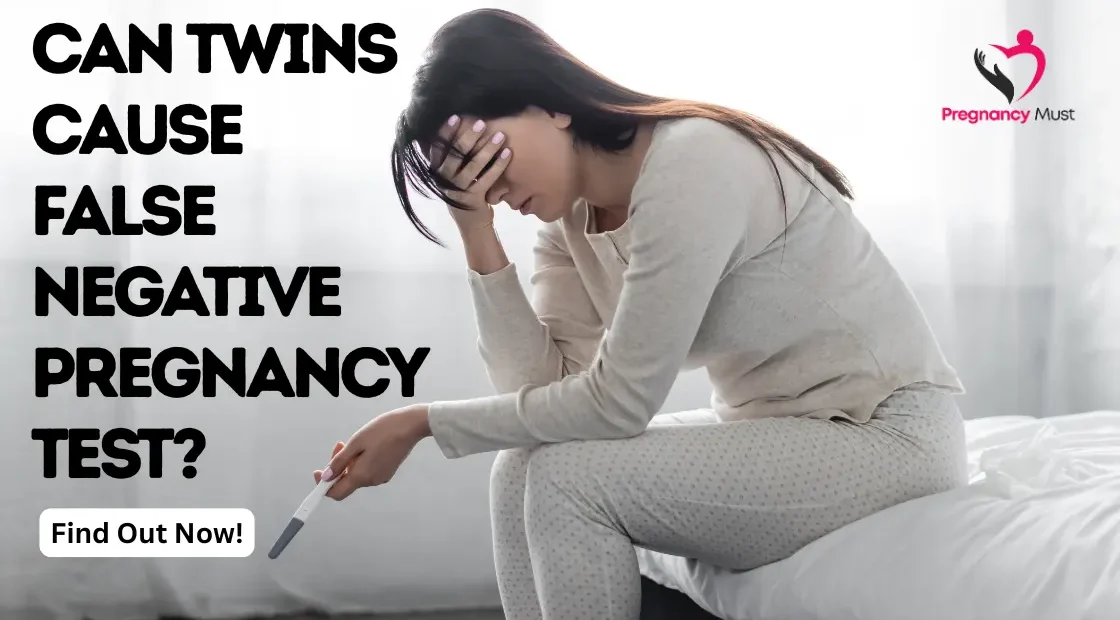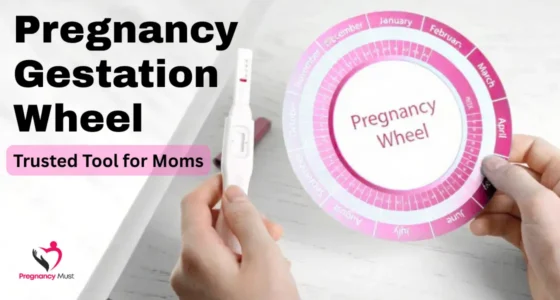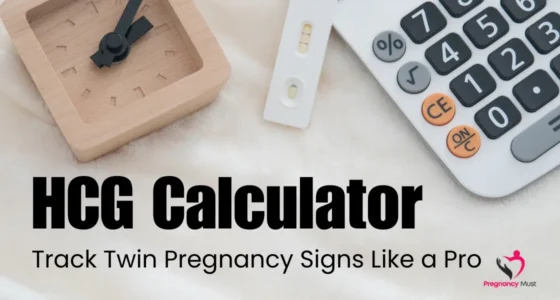Can twins cause a false negative pregnancy test? This question has been a topic of interest among many women who suspect they may be pregnant with twins but are receiving negative results on their tests. When it comes to doing a pregnancy test, accuracy is key. Many women rely on home pregnancy tests (HPTs) to confirm their pregnancy as early as possible.
In this article, we will take a deep dive into the possibility of twins causing false negative pregnancy test results, the reasons behind it, and how early pregnancy tests can sometimes fail to detect pregnancy, especially in cases of twin pregnancies. We will also answer some commonly asked questions regarding pregnancy tests and how they work.
Table of Contents
- Can Twins Cause False Negative Pregnancy Test at 4 Weeks?
- Why a False Negative May Happen at 4 Weeks
- What to Do if You Get a False Negative at 4 Weeks
- Can Twins Cause False Negative Pregnancy Test at 5 Weeks?
- What to Do if You Get a False Negative at 5 Weeks
- Can Twins Cause False Negative Pregnancy Test at 4 Days?
- Early Pregnancy Test Accuracy
- The Science Behind False Negative Pregnancy Tests
- Twin Pregnancies and hCG Levels
- FAQ: Can Twins Cause False Negative Pregnancy Test?
- Conclusion: Can twins cause a false negative pregnancy test?
Can Twins Cause False Negative Pregnancy Test at 4 Weeks?
The question “can twins cause a false negative pregnancy test at 4 weeks?” arises because many women are eager to confirm pregnancy early, but a negative test result can cause confusion. At 4 weeks, the body is still adjusting to the early stages of pregnancy, and a false negative pregnancy test at 4 weeks can occur due to several factors.
A pregnancy test is normally used to determine the trace of a hormone named as human chorionic gonadotropin (hCG) in your urine. It is a hormone that is developed when a fertilized egg implants in the uterus. During a typical pregnancy, pregnant women start testing positive in terms of hCG mere days after implantation. But that is not the case with twins as in this instance the levels of hCG might increase at a different rate. Although twins are one of the factors that raise hCG level, in certain circumstances, the amount of increase may not be sufficient to give a positive outcome on initial tests particularly during the 4-week period.
Why a False Negative May Happen at 4 Weeks
At 4 weeks, many tests may not yet be sensitive enough to detect the level of hCG if you’re pregnant with twins. Since a twin pregnancy often results in higher levels of hCG, it may seem like you’re still not pregnant. False negatives can happen when testing too early, or if you take the test incorrectly. Here are a few reasons why you might experience a false negative at 4 weeks:

- Test Sensitivity: The sensitivity of home pregnancy to the level of hCG can vary a lot and affect the accuracy of the results. A low sensitivity test may fail to measure high levels of hCG, which is usually the case of a twin pregnancy. The reason behind this is that, a twin pregnancy has a higher number of hCG built-up however, at some point, this could still be too minute to be detected by a less sensitive test. To avoid this issue, it’s important to choose tests that are designed to detect lower levels of hCG for earlier detection, especially when twins are suspected.
- Timing of the Test: Testing too early can result in a false negative pregnancy test at 4 weeks, as not enough hCG may have been produced to be detected by the test. Early on in pregnancy, hCG levels typically rise every two to three days, but it takes time for those levels to reach the threshold required for a positive test. If a woman tests before the hormone levels are sufficiently high, even in the case of a twin pregnancy, the test may fail to pick up the presence of hCG, resulting in an inaccurate reading. Therefore, it’s often best to wait until after a missed period.
- Urine Dilution: Dilution of urine can greatly affect the results of the pregnancy test, when taken later in the day, in particular. In the morning, the urine is concentrated more, and the statistical chances of noticing the hCG with less concentration become more possible. But by the time of the test time in the later part of the day, you might have drunk fluids that render your urine less concentrated leading to the hormone being difficult to detect, even in the case of having twins. This may result in false negative since the sensitivity of the test may be not sufficient enough to detect the diluted levels of hCG. So it is always advisable that you take the test done with your first-morning urine.
What to Do if You Get a False Negative at 4 Weeks
If you suspect you might be pregnant with twins and received a false negative pregnancy test at 4 weeks, consider retesting a few days later. The levels of hCG may be higher by the time you take another test, improving the accuracy of the result.
Can Twins Cause False Negative Pregnancy Test at 5 Weeks?
Now, let’s discuss another common concern: can twins cause a false negative pregnancy test at 5 weeks? The level of hCG is expected to increase at 5 weeks compared to that in 4 weeks, thereby the probability of pregnancy test giving a positive outcome is much higher. However, some of the pregnant women with twin report that they get adverse results during this time even when they are having twins.
Reasons for a False Negative at 5 Weeks
A false negative pregnancy test at 5 weeks could occur for a variety of reasons, despite the increase in hCG. Here’s why this might happen:
- Implantation Timing: If the fertilized eggs implant later in the cycle, it may cause a delay in the rise of hCG levels. As a result, the hCG produced may not be high enough for a pregnancy test to detect it at the 5-week mark. Implantation typically occurs between 6-12 days after ovulation, and it can take a few days for hCG to reach detectable levels. If implantation happens later than expected, the increase in hCG could be gradual, and the test may not pick up the pregnancy until a few days later, causing a false negative result during the initial testing.
- Early Miscarriage: In the case of an early miscarriage, also known as a chemical pregnancy, the fertilized egg might not implant properly or might be lost shortly after implantation. This may translate into temporary increase of hCG which might lead to positive test of pregnancy initially. But as time goes, the hCG reduces rapidly making the second test to yield negative results. It’s important to note that early miscarriages often happen before the pregnancy has been confirmed by a doctor, so many women might unknowingly experience a false negative later on when testing.
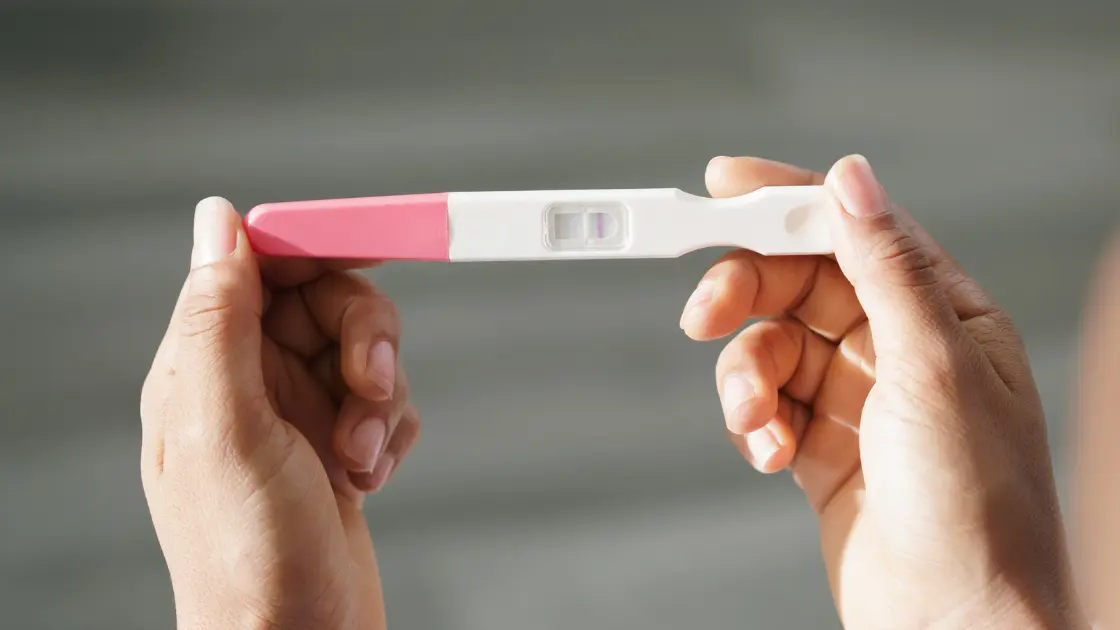
- Low Sensitivity of the Test:All home tests do not detect the hCG with the same sensitivity and therefore some tests may fail to detect the levels of hCG at lower ranges, particularly, during the early stages of pregnancy. Less sensitive tests may fail to show high hCG level especially during a twin pregnancy as hCG level is high but may still prove not be high enough to show up in less sensitive tests. Conversely, the more sensitive tests can detect a smaller quantity of hCG, and thus they are to be favored during the early testing. The less sensitive tests are also non sensitive to reveal the high concentration of hCG particularly in case of twin pregnancy and the HCG may not even be as high as it may be treated as sensitive when it reaches a significant level of sensitivity and the test may not result to positive indication. On the other hand good is the most sensitive test we subject ourselves to, the less the amount of hCG is required, therefore earlier is the sensitivity of the tests the better. Sensitivity of the test is very vital towards having a true test result particularly when having early testing.
What to Do if You Get a False Negative at 5 Weeks
If you are still getting false negative pregnancy tests at 5 weeks, you should see a doctor for a blood test. A blood test can detect hCG much earlier and more accurately than a home pregnancy test. A healthcare provider can also check for any other possible reasons why the test is negative.
Can Twins Cause False Negative Pregnancy Test at 4 Days?
At 4 days past ovulation (DPO), it’s much too early to test for pregnancy. The fertilized egg typically needs a few days to travel to the uterus and implant, which is when the body starts producing hCG. Can twins cause a false negative pregnancy test at 4 DPO? Yes, but only because it’s simply too early for any pregnancy test, regardless of the number of embryos, to detect hCG at this stage.
Early Pregnancy Test Accuracy
Pregnancy tests might not test positive even in case you are carrying twins as soon as you are pregnant. It is therefore important that you should wait along with your period before taking a test so that you get the best results.
The Science Behind False Negative Pregnancy Tests
To better understand can twins cause false negative pregnancy test results, it’s important to know how pregnancy tests work. Most home tests detect hCG, a hormone that the body produces after a fertilized egg attaches to the uterine lining. In a typical pregnancy, the levels of hCG increase rapidly, doubling every 48-72 hours.
Twin Pregnancies and hCG Levels
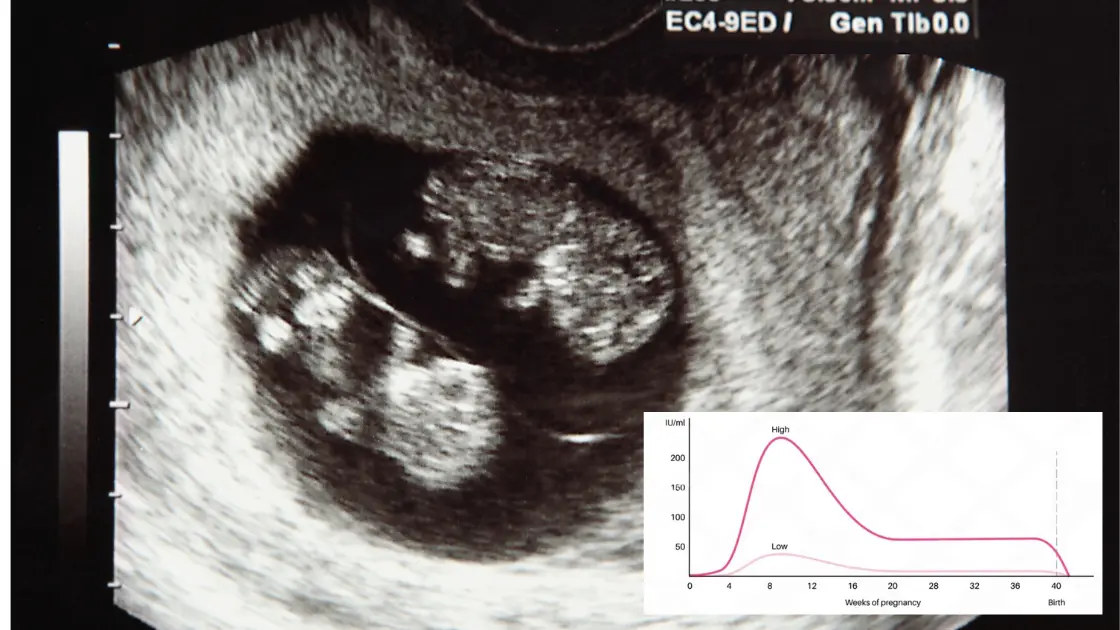
Higher and faster increase of hCG in a twin pregnancy is common as compared to a singleton pregnancy. This however does not necessarily imply that he pass over a positive test. Here’s why:
- Early Testing: Testing for pregnancy too early can result in a false negative, even in the case of a twin pregnancy. If you test before hCG has reached a detectable level, the test may fail to pick up the pregnancy. During the early stages, especially around 4 weeks, hCG levels can still be quite low. While twins typically produce more hCG, it may not be high enough to be detected by a standard home pregnancy test, particularly if the fertilized eggs implanted late or if the test is taken too soon.
- Test Sensitivity: Pregnancy tests vary widely in their sensitivity to hCG. Highly sensitive tests can detect lower amounts of hCG and may show a positive result earlier, even in the case of a twin pregnancy. However, tests with lower sensitivity may not detect hCG levels early on, meaning they could fail to detect a twin pregnancy altogether. This is why it’s important to choose a test known for its higher sensitivity, especially if you suspect you may be pregnant with twins and want to test early.
FAQ: Can Twins Cause False Negative Pregnancy Test?
- Can twins cause a false negative pregnancy test at 6 weeks?
Yes, even at 6 weeks, a false negative pregnancy test can occur, especially if the test isn’t sensitive enough to detect the higher levels of hCG that come with a twin pregnancy.
- How long after missing a period should I test for pregnancy?
It’s generally best to wait at least one week after your missed period to take a pregnancy test for the most accurate result.
- What are the signs that I might be pregnant with twins?
Common signs include higher-than-normal hCG levels, which may lead to stronger pregnancy symptoms, like extreme fatigue, nausea, or increased weight gain early in pregnancy. However, the only way to confirm a twin pregnancy is through an ultrasound.
- Can I have a positive blood test and a negative home pregnancy test with twins?
Yes, it is possible, particularly if the home pregnancy test is not sensitive enough or if you’re testing too early. A blood test, which is more sensitive, can detect pregnancy earlier than a home pregnancy test.
Conclusion: Can twins cause a false negative pregnancy test?
Can twins cause false negative pregnancy test results? The answer is yes, but only under specific circumstances. Early testing, the sensitivity of the test, and the timing of implantation can all play a role in whether or not you get a false negative result. If you’re testing early and suspect a twin pregnancy, it’s important to wait a few days and try again or consult with your healthcare provider for more accurate results.
What you should remember is that home pregnancy tests are convenient; however, it does not always mean perfect, particularly at the early stages. Waiting and patience is the key that prevents you being perplexed and confounded in making tests.
Explore more on Pregnancy Must –
